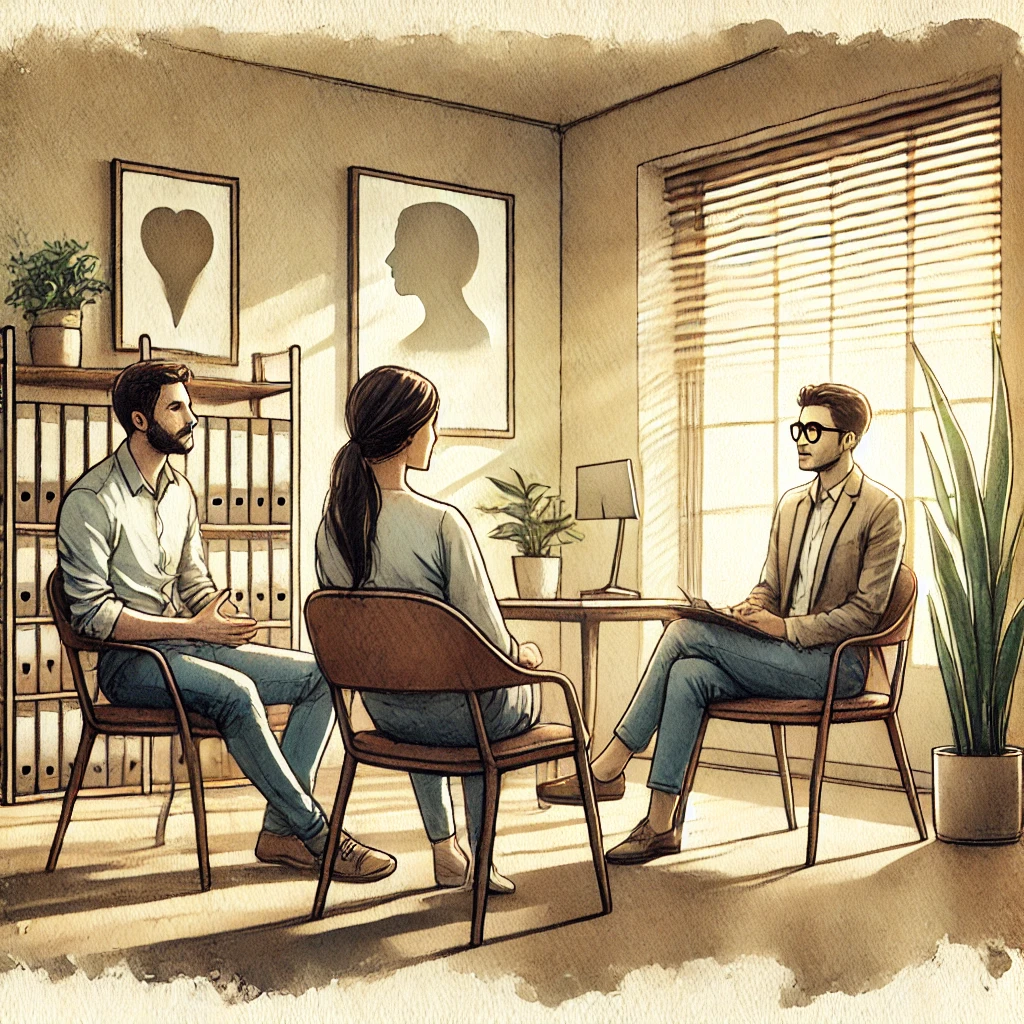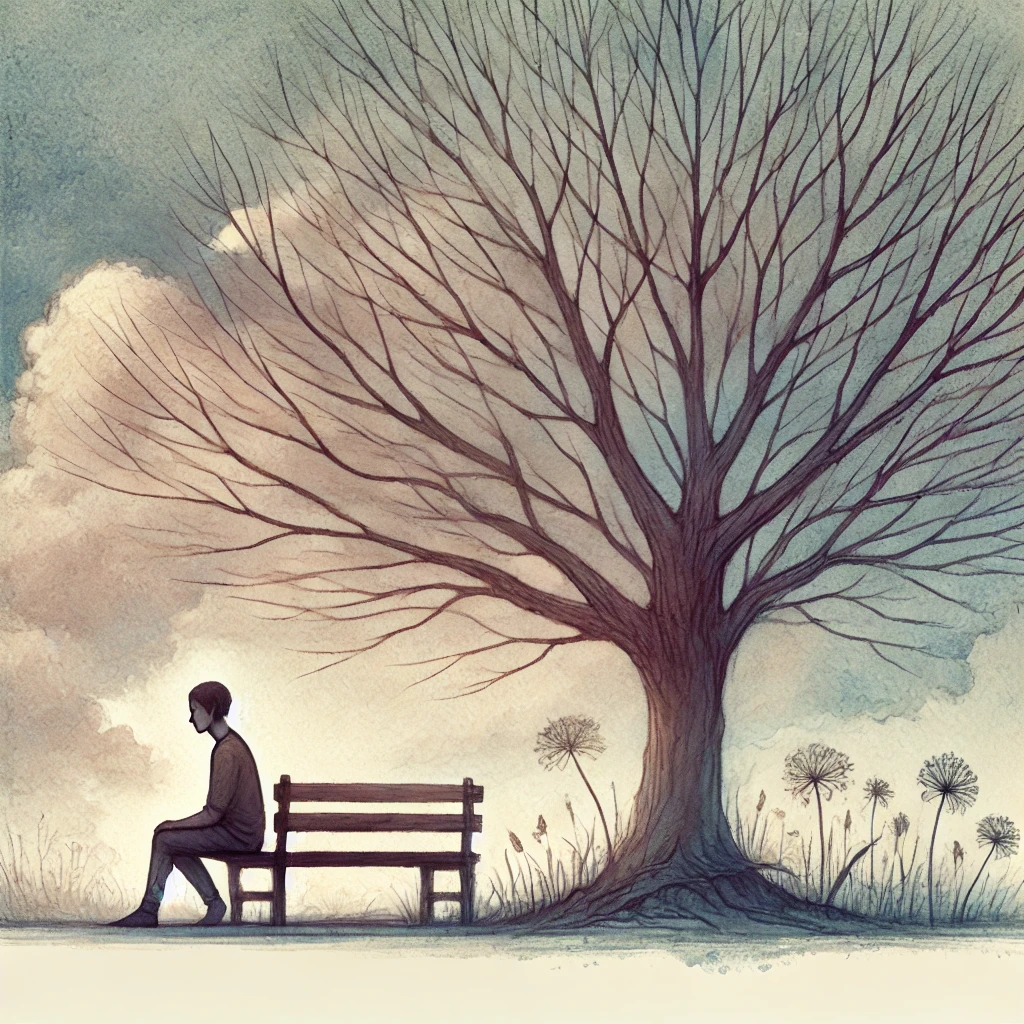
Is Marriage Therapy Covered by Insurance? A Psychoanalytic Exploration of Barriers and Possibilities

Why Do We Blame Ourselves? The Impact of the “Dead Mother” and Early Caregiver Dynamics
In the realm of psychodynamic therapy, few concepts capture the complexity of human guilt and self-blame as powerfully as André Green’s Dead Mother hypothesis. This idea explores how early emotional unavailability in caregivers can shape our unconscious minds, creating enduring patterns of guilt, self-reproach, and psychological defenses that influence our adult lives. To deepen our understanding, it’s useful to examine the psychoanalytic distinctions between fantasy and phantasy, melancholia and mourning, and anaclitic versus introjective depression.
One way to understand why we often blame ourselves for circumstances beyond our control lies in the difference between fantasy and phantasy.
In the context of Green’s Dead Mother, a child may unconsciously phantasize that their caregiver’s emotional withdrawal is their fault. This belief serves as a defense mechanism, allowing the child to maintain an illusion of control over an otherwise incomprehensible and distressing situation. Although adaptive in early life, such phantasies can later manifest as chronic guilt and self-blame, even when they no longer reflect reality.
Freud’s seminal essay Mourning and Melancholia offers further insights into the psychological dynamics of unavailable caregivers.
For children of emotionally unavailable caregivers—what Green calls dead mothers—melancholia often takes root because the loss is ambiguous. The caregiver is physically present but emotionally absent, leaving the child unable to fully mourn the loss. Instead, the child may blame themselves for the withdrawal, internalizing feelings of guilt and self-reproach that persist into adulthood.
Sidney Blatt’s concepts of anaclitic and introjective depression shed further light on the psychological consequences of early caregiver unavailability:
Children of dead mothers may experience a painful mixture of both. They long for the emotional connection they never received (anaclitic depression), while simultaneously blaming themselves for the caregiver’s absence (introjective depression). This duality often creates complex emotional struggles that can persist into adult relationships, careers, and self-perception.
Guilt and self-blame, while painful, serve as psychological defenses that protect against even more unbearable feelings of powerlessness. In phantasizing that they caused their caregiver’s emotional withdrawal, children maintain the illusion of control. This unconscious mechanism helps them avoid confronting the harsher reality: that the caregiver’s absence is beyond their control and not their fault. However, this defense mechanism often comes at a cost, perpetuating cycles of self-reproach and guilt long after the initial experience of loss.
In psychodynamic therapy, addressing these deep-seated patterns involves exploring both the conscious and unconscious narratives that shape a person’s emotional world. For example:
Understanding the dynamics of fantasy and phantasy, melancholia and mourning, and anaclitic versus introjective depression helps us see the profound impact early caregiver relationships have on our emotional development. These insights not only illuminate why we often blame ourselves but also offer pathways toward healing and self-compassion. By confronting these unconscious patterns, we can begin to release the guilt that no longer serves us and move toward a more fulfilling and balanced life.
Would you like help integrating these themes into your personal narrative or therapeutic approach? Reach out to learn how Bay Psychology Group, Inc. can help you explore these dynamics.
Dr. Brian Sedgeley, is a clinical psychologist and the president and founder of Bay Psychology Group, Inc. a psychotherapy and psychological services clinic in Oakland CA.